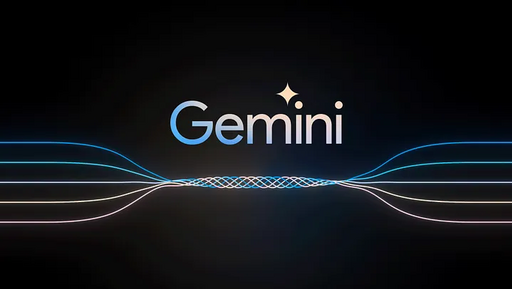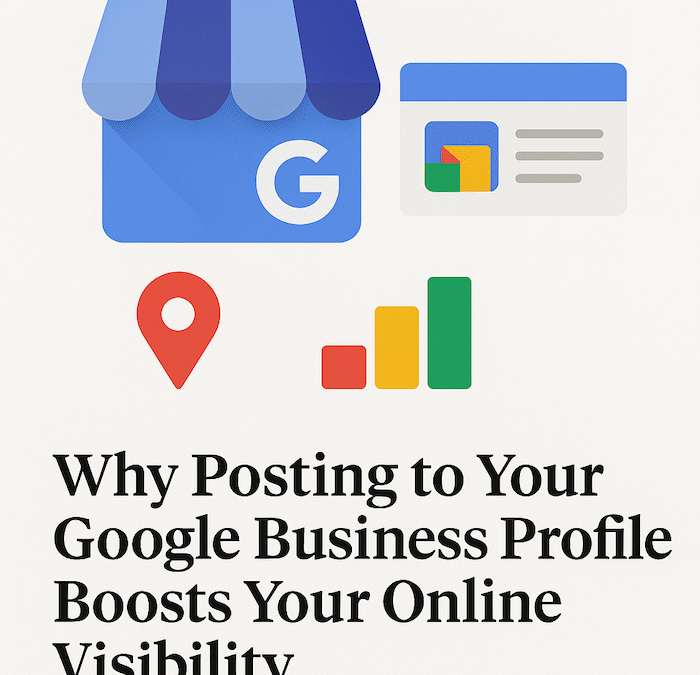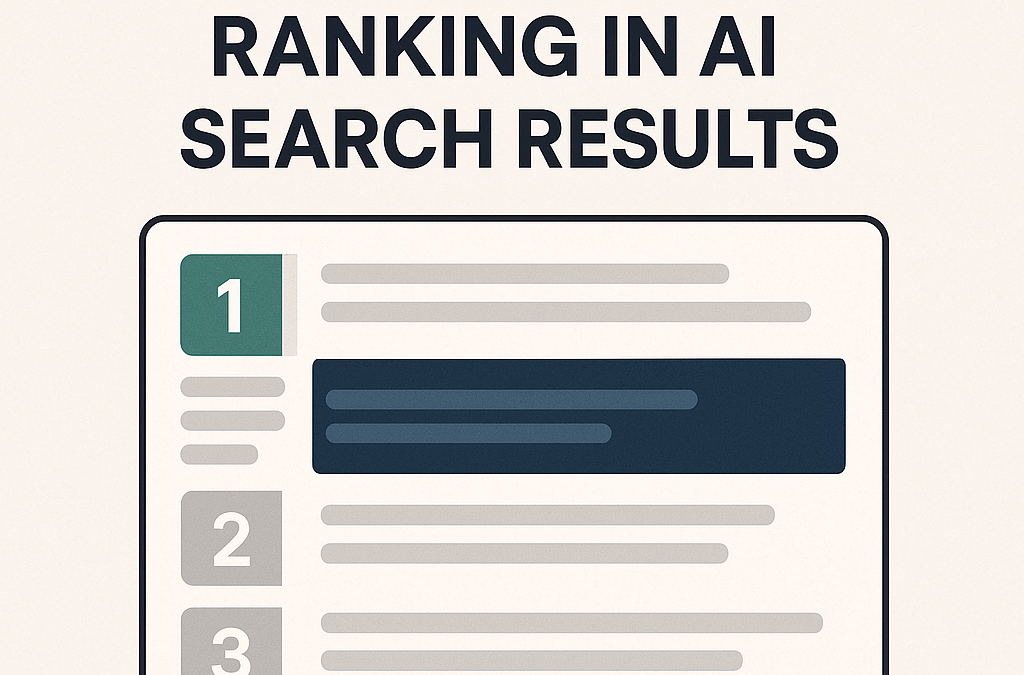Summary
- Research Insights: BrightEdge research offers insights into Google AI Overviews (AIO), showing how different queries and verticals trigger AIO.
- Paradigm Shift: AI is now more prominent on the front-end, replacing Featured Snippets.
- BrightEdge Generative Parser: This tool analyzes patterns in Google’s AI search features, providing marketers with insights.
- Triggers: Featured Snippets and question-based queries likely trigger AIO.
- Non-Triggers: Local search queries and branded searches with sitelinks rarely trigger AIO.
- Verticals: Healthcare queries show AIO 63% of the time, B2B technology 32%, and Ecommerce 23%.
- AIO vs. SGE: AIO is shown 20% less often than Search Generative Experience (SGE) results.
Research Insights
BrightEdge research provides a detailed look into what kinds of search queries trigger Google AI Overviews (AIO). These insights reveal significant variations across different verticals and highlight the types of queries where AIO is more prevalent. This effect is linked to the commonality of the queries in those verticals.
Paradigm Shift in Search
BrightEdge describes the integration of AI in search as a major shift. Since 2015, with the introduction of RankBrain, Google Search has increasingly utilized AI. The notable change in 2024 is the prominence of AI on the front-end, largely replacing Featured Snippets. This shift is partly due to potential infrastructure changes in Google’s search.
BrightEdge Generative Parser
The BrightEdge Generative Parser tracks and analyzes patterns in Google’s AI search features. This technology offers marketers a glimpse into the future of AI in search and new opportunities for content creation and brand performance.
Triggers and Non-Triggers for AIO
Research indicates that Featured Snippets and question-based queries are likely to trigger AIO. In contrast, local search queries and branded searches generating sitelinks are less likely to trigger AI Overviews.
Vertical Analysis
The prevalence of AI Overviews varies significantly by vertical. For example, healthcare queries generate AIO 63% of the time, B2B technology queries 32%, and Ecommerce queries 23%. Conversely, restaurant and travel-related queries rarely trigger AIO results.
AIO vs. SGE
AI Overviews are triggered 20% less often than Search Generative Experience (SGE) answers. BrightEdge suggests that this reduction indicates improved precision and the ability of AI to better cater to user needs, such as providing summaries and anticipating follow-up questions.
Our Take
Eventually, more and more searches will be handled by AI, and the need to visit individual websites will diminish. Google’s already has been using its Answer Box and Knowledge Graph for years, so this is the next logical step now with the ubiquity of AI. And the ability to ask follow up questions, and continue searching without visiting a website, will exponentially reduce website traffic.
Early Days of AIO
Despite negative reviews about the quality of AI Overviews, the research by BrightEdge provides a snapshot of current trends and anticipates future updates as Google continues to refine its AI search features.
For more details, check out the Search Engine Journal article.









